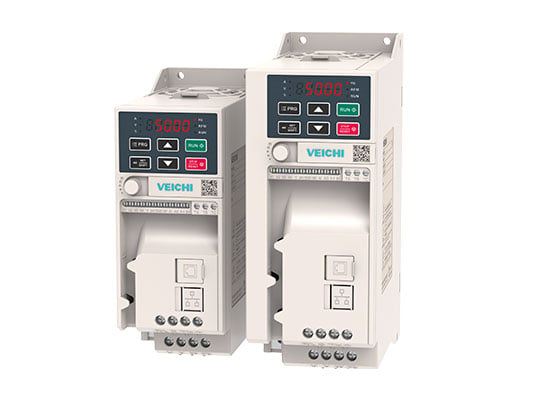Impact of Motor Processes on Cable Networks
The operation of electric motors involves processes that negatively affect the cable network and equipment. This lowers the efficiency of their use and accelerates the aging of the network equipment. To avoid these problems, it is necessary to create conditions that enhance the resilience of electrical engineering against negative phenomena in the network.
Frequency Converter Filters
A frequency converter filter is the primary tool for managing current impulses. It defines the frequency range, working with frequencies that exceed the designated range, and reduces the level of their reaction. The filter operates with a normal level of oscillations by transforming those that do not meet established standards.
Network Filters
Network filters can be classified into two types based on their operating location: some are designed for noise suppression on power supply lines, while others are for devices operating at the output in a single network.
Functions of Frequency Converter Filters
The reasons for the reduced stability of the system to disturbances can vary: the motor itself produces unwanted phenomena, the inductance of the wires, and other factors. This negatively affects the performance of technology, equipment, and electrical devices.
Functions of Network Filters
Network filters will be useful if a cable is run between the frequency converter filter and the motor. This can lead to a risk of insulation damage.
Selection of Electromagnetic Compatibility Filter
The high efficiency of electromagnetic compatibility (EMC) filters is ensured by a large efficiency coefficient when absorbing network disturbances. Filters are most effectively used in pulse power supply electrical equipment. The choice of a filter should be based on its noise suppression capability and comply with the requirements for installation in the existing system.
Conclusions
The quality of the electricity network significantly affects the performance of equipment. The most appropriate way to achieve this quality is a serious approach at the design stage. It is essential to consider that the final result of creating an electricity network for a specific project depends on the system's installation. The use of frequency converter filters will help avoid most electromagnetic compatibility issues.
